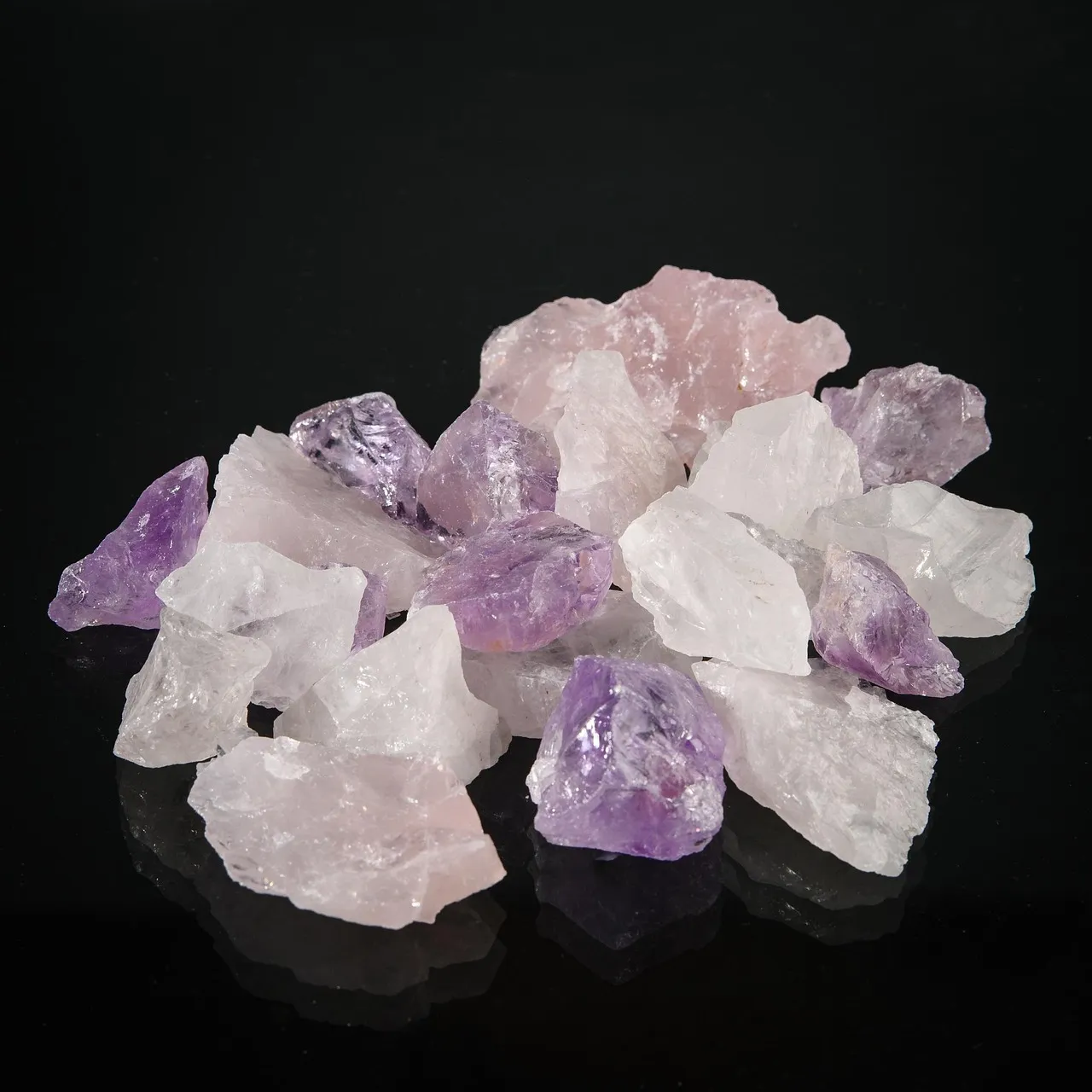
Psoriasis and eczema: effective treatment options and tips
The psoriasis and eczema are two skin conditions that complicate the lives of many. These conditions arise from various causes, and although they share many similarities, they also have fundamental differences. Psoriasis is an autoimmune disease resulting from the abnormal functioning of cells responsible for the rapid renewal of the skin. In contrast, eczema, also known as atopic dermatitis, often occurs as a result of allergic reactions, irritants, or genetic predisposition.
Both conditions can cause itching, redness, and inflammation in different areas of the skin. In psoriasis, red, scaly patches appear on the skin, while eczema typically results in dry, itchy, red skin areas. It is important to understand the differences, as their treatments can also differ. An incorrect diagnosis can not only lead to the worsening of symptoms but also delay the initiation of appropriate therapy. People often struggle with the stigma and emotional burdens caused by these skin diseases. A more conscious approach can help patients better understand their condition and find the most suitable treatment methods for themselves.
Psoriasis: Symptoms and Causes
Psoriasis is a chronic skin disease that primarily results from the excessive proliferation of skin cells. In the affected areas, the life cycle of skin cells accelerates, preventing the skin from performing its natural exfoliation function. The red, scaly patches that appear on the skin are the result of inflammatory reactions, which can cause itching and pain.
The exact cause of psoriasis is not yet fully understood, but several factors may contribute to the onset of the disease. These include genetic predisposition, stress, infections, and certain medications or lifestyle factors. Changes in the immune system also play a role, as psoriasis is an autoimmune disease in which the body attacks its own cells.
There are different forms of psoriasis, such as plaque psoriasis, guttate psoriasis, inverse psoriasis, and pustular psoriasis. Each type has its own specific symptoms and treatment options. Plaque psoriasis is the most common type, appearing on the elbows, knees, and scalp. In contrast, guttate psoriasis presents as small, drop-shaped spots, often following a viral infection.
Treating psoriasis is a complex task and generally requires a combination of medications, topical treatments, and lifestyle changes. It is important for patients to work with their doctors to develop an appropriate treatment plan, as there is no one-size-fits-all solution for psoriasis treatment.
Eczema: Symptoms and Causes
Eczema, also known as atopic dermatitis, is a common skin condition that primarily appears in childhood but can also occur in adults. Symptoms of eczema include dry, itchy skin, red patches, and skin flaking. The location and appearance of eczema can vary, but it is generally observed in areas such as the elbows, knees, face, and neck.
The cause of eczema is often unknown, but scientific research suggests that genetic, environmental, and immunological factors contribute to the development of the disease. Allergens such as pollen, pet dander, or certain foods can play a significant role in triggering eczema flare-ups. Additionally, irritants such as soaps, cleaning agents, or even cold weather can exacerbate symptoms.
The treatment of eczema generally focuses on alleviating symptoms and includes the application of moisturizing creams, the use of anti-inflammatory medications, and the avoidance of allergens. Proper skincare and stress management are also important for improving the skin’s condition.
Patients should pay attention to their skin’s reactions and keep a diary of flare-ups to identify what triggers their symptoms. It is crucial for patients to work with their doctors to find the most appropriate solutions during eczema treatment.
Similarities and Differences: Psoriasis and Eczema
Although psoriasis and eczema are similar in many ways, several significant differences can be observed between them. One of the most important differences is the mechanism of disease development. While psoriasis is an autoimmune disease resulting from the abnormal functioning of skin cells, eczema typically occurs as a result of allergic reactions or the effects of irritants.
The symptoms can also differ. In psoriasis, red, scaly patches appear on the skin, while eczema typically results in dry, itchy, red skin areas. Psoriasis generally forms thicker plaques that can be painful, whereas eczema leads to more itchy and irritated skin.
Differences can also be observed in terms of treatment. In psoriasis, immunosuppressive medications and biological therapies are often used, while the treatment of eczema generally involves the use of moisturizing creams and anti-inflammatory medications. It is important for patients to receive an accurate diagnosis, as incorrect treatment can only worsen the situation.
Finally, the emotional impact of psoriasis and eczema can also differ. Psoriasis often serves as a greater source of stigma, as many notice the visible signs of the disease, leading to anxiety and self-esteem issues. In the case of eczema, patients often manage the situation better, but the itching and skin irritation can still cause significant deterioration in quality of life.
Warning: This article does not constitute medical advice. If you have a health issue, please consult a physician.

